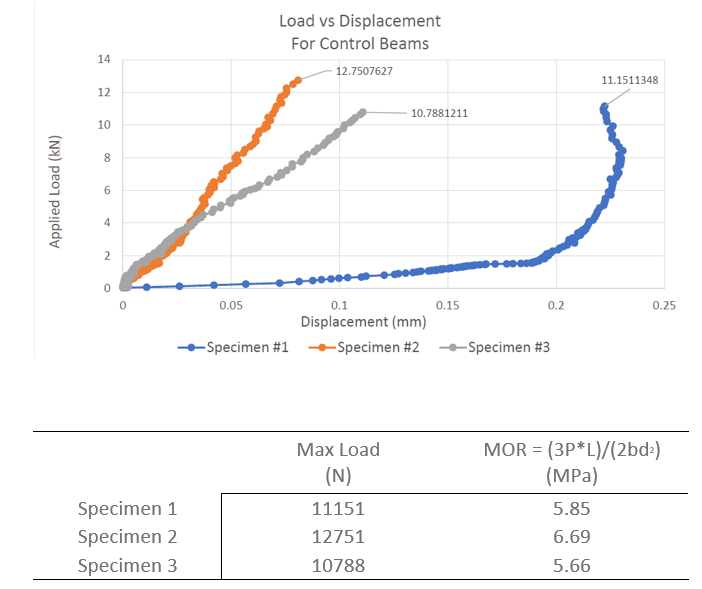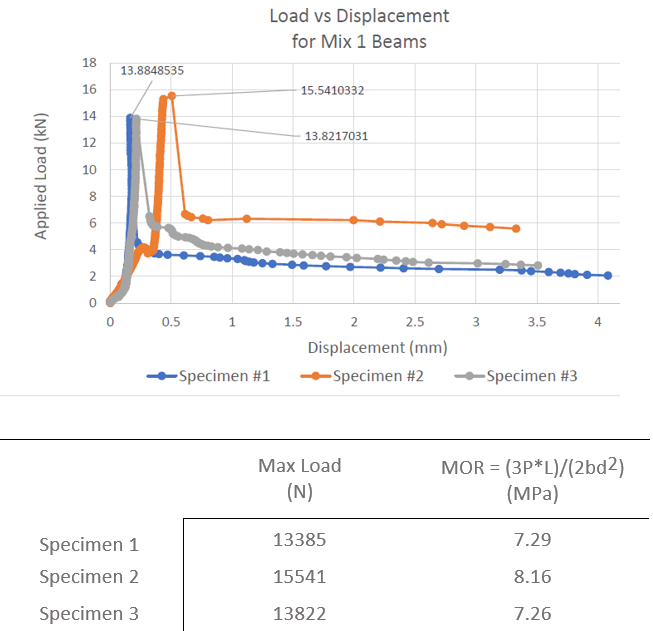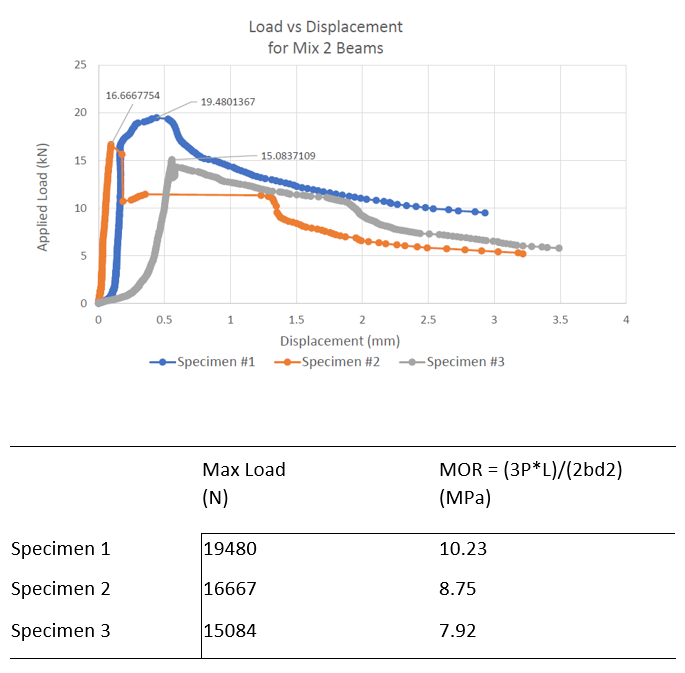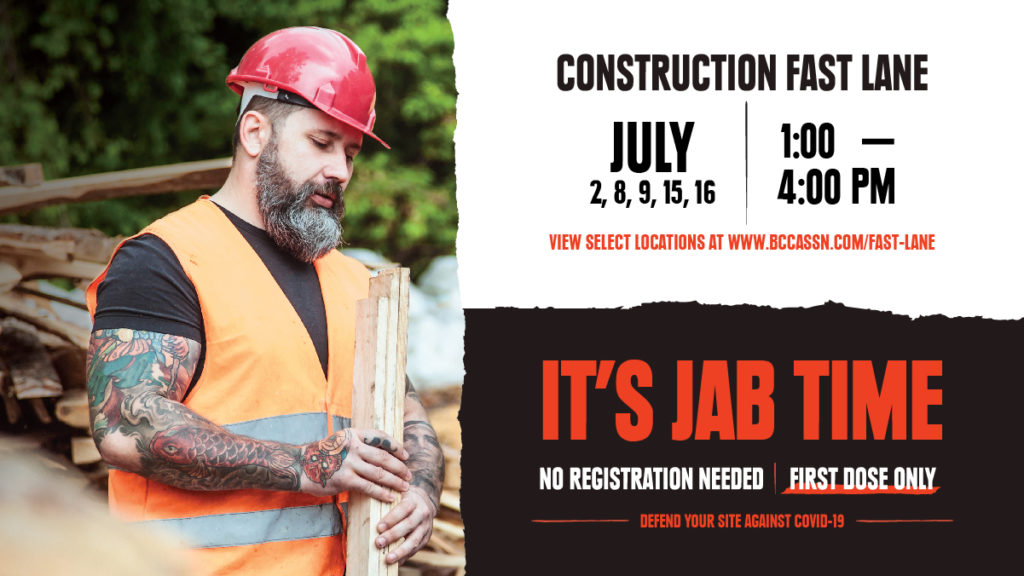Bill 5, Worker’s Compensation Amendment Act, 2022
Briefing Provided by VICA Member PD Stover Professional Corporation. To learn more about PD Stover, visit their website, www.pdstoverinc.ca
Bill 5 Worker’s Compensation Amendment Act, just passed its first reading in the 42nd Parliament, and until it receives royal assent, it is still only a bill. However, should this bill receive royal assent, then BC will be the first jurisdiction in Canada, to implement a licensing requirement for asbestos abatement contractors.
Asbestos abatement work, is defined in part as: as identifying material that is or is not asbestos-abatement material (“ACM”) collecting samples, assessing the risk posed or not posed, removing, repairing or transporting or disposing of ACM material, etc.
As we are all aware asbestos has been widely used in a variety of building construction materials prior to 1990, and is not hazardous until it is disturbed, which then releases dust or fibres into the air, that we ingest or inhale.
The Minister of Labour, Mr. Harry Bains, provided that there have been over 280 deaths from asbestos exposure over the past five (5) years, with 53 of those deaths in 2021. It is noted that some of these deaths are attributable to work performed up to 30 years ago. This fact does not diminish those deaths, but places light on the longevity of this silent killer that causes lung disease/asbestosis.
The Minister of Labour, Mr. Harry Bains, has provided that BC has lacked a comprehensive licensing and training system for asbestos abatement contractors. He has provided that Bill 5 Worker’s Compensation Amendment Act, 2022, is intended to create better safety standards for asbestos abatement contractors and to ensure that all businesses, and their workers are properly trained and certified.
By implementing Bill 5, Worker’s Compensation Amendment Act, 2022, the Board looks to have:
- A registry of all qualified contractors in good standing, which would allow prime contractors, or other businesses, or individuals, to hire a licensed company with certified workers.
- Licenses that would be valid up to 3 years; and are not transferable;
- The authority for WSBC to deny, cancel or suspend licenses, for non-compliance/providing false information on the application/or issued fines for safety violations for ACM.
- WSBC would control the certification of businesses, employers, and workers as they would perform the abatement certification through a mandatory safety training process, that is authorized by WSBC.
WSBC recently issued fines against a few businesses in BC, who failed to meet the standard of handling asbestos-containing material, which is considered a high-risk violation. These few fines totalled over $50,000 and were due in part to failing to provide its workers with the information, instruction, training, and supervision necessary to ensure their health and safety.
It is unclear yet, on how current fines, will be reflected on the amendment moving forward, or for the length of time a suspension. Many factors are still incoming, as the board has yet to provide the policy or practice directives on how Bill 5, Worker’s Compensation Amendment Act 2022, will be enacted.
One thing is clear, WSBC will be overseeing all of the qualified contractors, and ensuring compliance, which I would almost guarantee, will include visits from prevention officers, to ensure compliance.
This is one of many matters that employers need to be aware of as the government and WSBC continue to focus their attention on workers’ safety, fairness in adjudication, with their newly adopted worker centric focus model, as more legislative amendments are on the way for 2022.
In the meantime, stay informed, stay productive and most importantly, stay safe!
Pamela Stover
Founder/Licensed Paralegal #12002
PD Stover Professional Corporation











